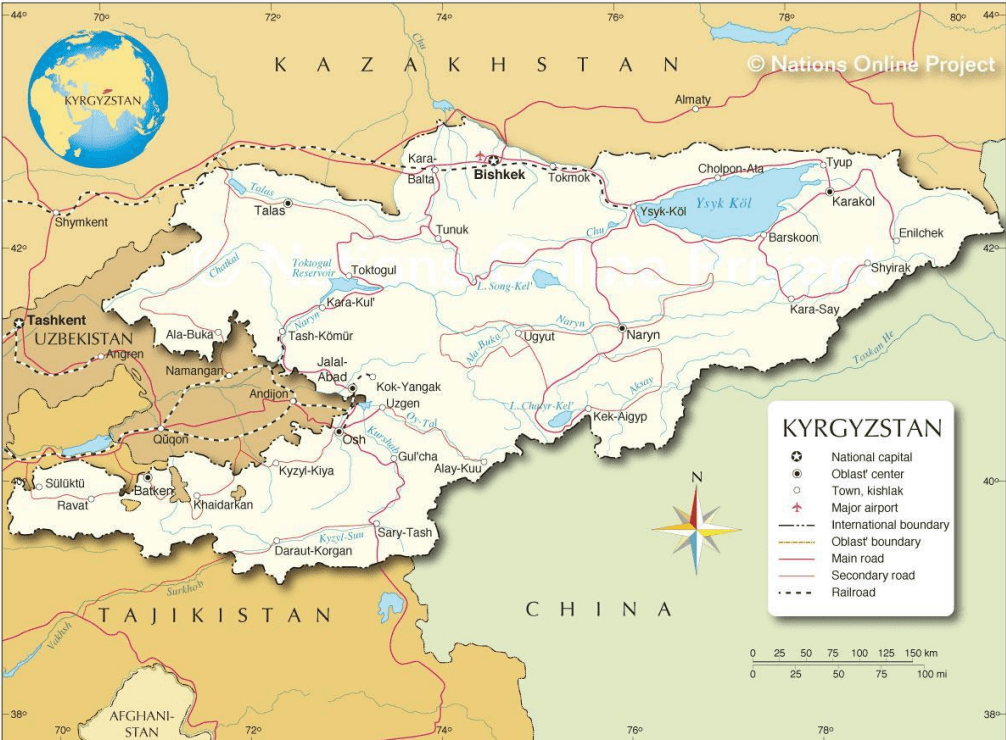The following resources detail the context, local perspectives, and capacity strengthening opportunities in Kyrgyzstan as they relate to religious & ethnic freedom.
Context
Kyrgyzstan, which gained independence in 1991, has faced political instability with power overthrows occurring in 2005, 2010, and 2020. The country’s population is predominantly Muslim, while there is a small Christian and other religious minority presence. Within the society, there is an increasing polarization between conservative and liberal values, leading to clashes over national values.
Although the constitution complies with international standards on freedom of religion or belief, relevant laws and practices are seen as discriminatory. Violations at the structural level include complicated procedures for registration of religious organizations, government favoritism towards so-called “traditional religions”, and non-compliance with the rights and freedoms of believers in the context of countering extremism.
Violence, intolerance, and discrimination are most often encountered by so-called ‘Kyrgyz proselytes’, i.e., ethnic Kyrgyz who have converted to Christianity or other “non-traditional” religions. This is reflected in some instances of direct violence, but more systemic intolerance and discrimination at the local level. Minorities face attacks on property, destruction and desecration of places of worship, religious cemeteries, school bullying, and disconnection from access to water and electricity. However, direct incidents of violence are related to intolerance related to respect for the free choice of religious beliefs and the burial of believers of different religious affiliations in local cemeteries.
The document on this page is an excerpt. For the full situational analysis (which analyzes Kazakhstan, Kyrgyzstan, Bangladesh, Pakistan, Sri Lanka, Malaysia, and the Philippines), click here.
Local Perspectives
This brief provides program designers, implementers and evaluators in the Religious and Ethnic Freedom space with practical insights and examples of locally developed indicators aligned with the Grounded Accountability Model (GAM). It outlines the various ways representatives of local organizations and religious minorities perceive religious and ethnic freedom.
Capacity Strengthening Analysis
This brief aims to provide valuable insights into the institutional and staff capacity needs, strengths, and challenges faced by local partners in the context of promoting religious and ethnic freedoms in the Asia region.
For more resources on Asia Religious & Ethnic Freedom, click here.
This resource was made possible by the support of the American people through the United States Agency for International Development (USAID). The contents are the sole responsibility of Search for Common Ground and do not necessarily reflect the views of USAID or the United States Government.

You must be logged in in order to leave a comment